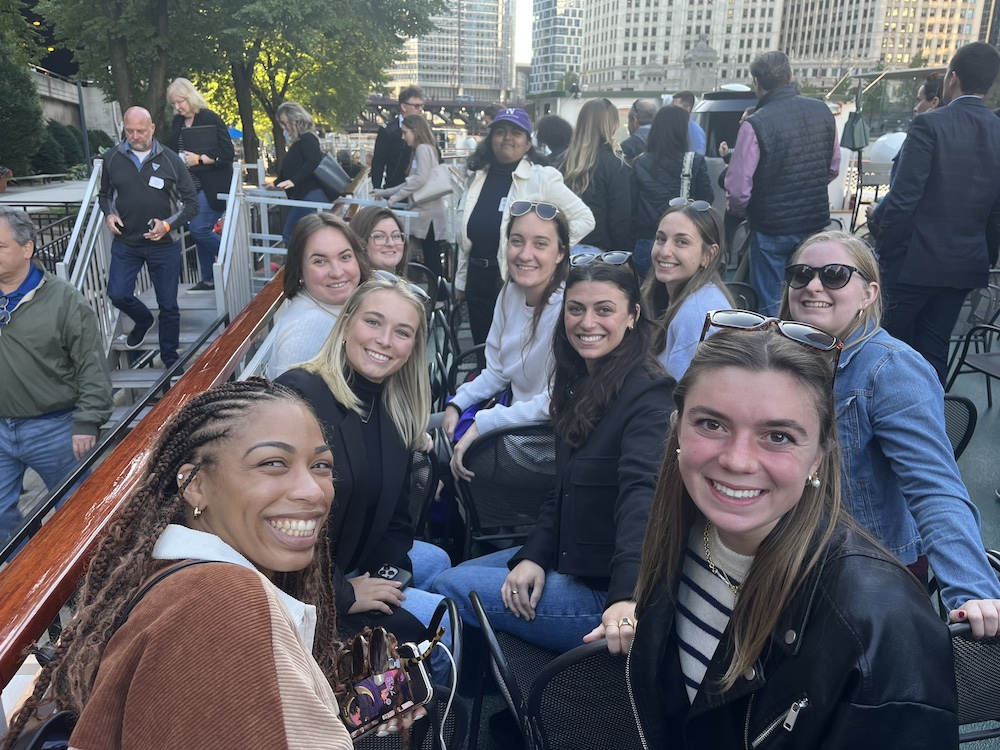Welcome to our 8th MS-RSM Cohort!

This past month, our CRS community ushered in our 8th cohort of students in the Master’s in Reproductive Science and Medicine Graduate Program. The MS-RSM program welcomed these superlative students to our unique program to take part in our specialized education and innovative translational research opportunities in reproductive science and medicine.
Twelve minds seeking new educational opportunities found their way to the MS-RSM from diverse educational and professional backgrounds. Research experience and area of study of our new students was not limited to reproductive biology. A handful of new matriculants have backgrounds in neuroscience. Julia Spenger spent time working as a research assistant on a project regarding women and gestational diabetes, while Emily Shiplett has interests in the neurological effects of inherited metabolic disorders. Madeline Perry and Jessa Snower joined us to expand their knowledge and experiences in reproductive science but also harbor interests in neurodegerative diseases and brain development. And we retained a NU wildcat in Anika Shipma who conducted research in understanding retinal cells and the estrous cycle.
Advocacy is a strong throughline in our new cohort. Many have volunteered at crisis centers, worked with vulnerable populations, and are pushing for better patient advocacy. Kara Wingo has future aspirations in addressing medical inequities and expanding sex education in underserved areas. Bria King is a strong advocate for improved minority health care access. Taylor Hicks and Emily Strahl’s joined our program to expand their knowledge with new research opportunities and to further their reach in pushing for patient advocacy. While Samantha Exner is eager to support patient advocacy by being an effective communicator in multiple languages.
Each year our MS-RSM students hail from different parts of our globe, from local midwestern states to coastal states, our Canadian neighbors to the north and from across oceans in India. Natasha Salpeter’s previous research experience was in understanding environmental influences on the fetal microbiome during pregnancy and early life. And Janavi Thyagraj’s research in developing biotechnologies to assist in wound healing showcase the interdisciplinary nature of our reproductive science community.
It seems that our new generation of reproductive scientists are not only seeking out new knowledge and have a want to push our field into the next century but their thirst for knowledge is complemented by strong aspirations drive social change that will impact human health and care. We look forward to the impact this amazing cohort has on our community and our community is here to support their progression in their education, research, community engagement, and network as they grow into leaders and innovators in our field.